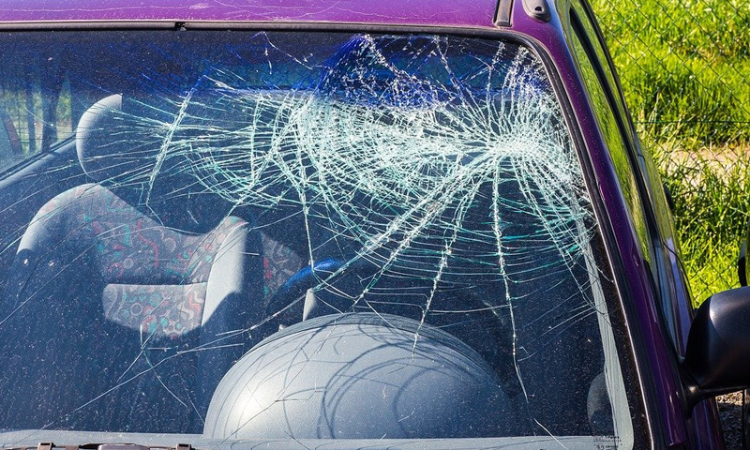A petition has been moved before the Kerala High Court challenging the constitutional validity of Section 199A of Motor Vehicles Act which states that when any offence under the Act is committed by a juvenile, his guardian or owner of the vehicle shall be deemed to be guilty and proceeded against. Under the provision, the registration of the vehicle which the minor was using can be cancelled...

